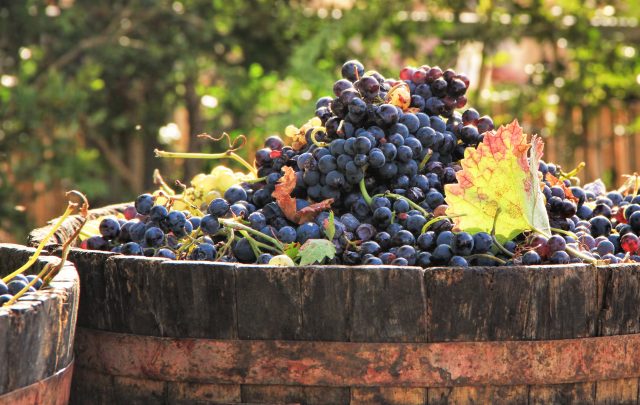Washington’s biggest winery delivers hammer blow to growers
Ste Michelle Wine Estates has confirmed it will buy 40% fewer grapes from growers this year to “ensure the health of its business”.

The biggest player in Washington wine, Ste Michelle Wine Estates, has revealed it will almost halve the amount of grapes it buys this year compared with last year, which will come as a blow to many Washington farmers who rely on its custom.
The wine group owns more than 12,140 hectares of vineyards in the US state, and represents around 50%-60% of production.
“We are currently working with our grower partners in Eastern Washington to adjust our grape supply to better align with demand and enable us to focus on crafting the highest quality premium wines from Washington,” Lynda Eller, SMWE senior director of communications, told Wine-Searcher.
“Our long-term relationships with our growers are extremely important to us, and while this is a difficult process, these proactive measures are necessary for the ongoing health of our business as well as the health of the overall Washington wine industry.”
St Michelle Wine Estates was sold to New-York-based private equity firm Sycamore Partners for US$1.2 billion in 2021 in the hope that Sycamore could transform its financial woes.
Partner Content
Since the sale, the group has offloaded Napa’s Stag’s Leap Wine Cellars to buyer Antinori in a bid to focus on the Pacific North-West, investing in more Oregon properties such as A-Z Wineworks in Willamette Valley, which it snapped up in September 2022.
St. Michelle Wine Estate’s decreased grape requirements is not the only challenge the US state’s wine region is facing. According to the Washington Winegrowers Association, around 10,000 acres of diseased and non-productive vines also may need to be removed.
Though despite the looming challenges, the Washington State Wine Commission told db it remains optimistic.
“Despite industry changes and shifts in market demand, Washington is seeing strong direct-to-consumer sales, growth in exports, increased interest from outside investors, and continued praise from trade and media for the quality of our wines,” said Kristina Kelley, executive director for the Washington State Wine Commission.
“The industry has a long history of being creative, collaborative, and resilient, and we will continue to work together to find new ways to drive the growth of Washington wine and reach the next generation of consumers.”
Related news
Bordeaux 2024 en primeur: St-Estèphe confounds expectations




